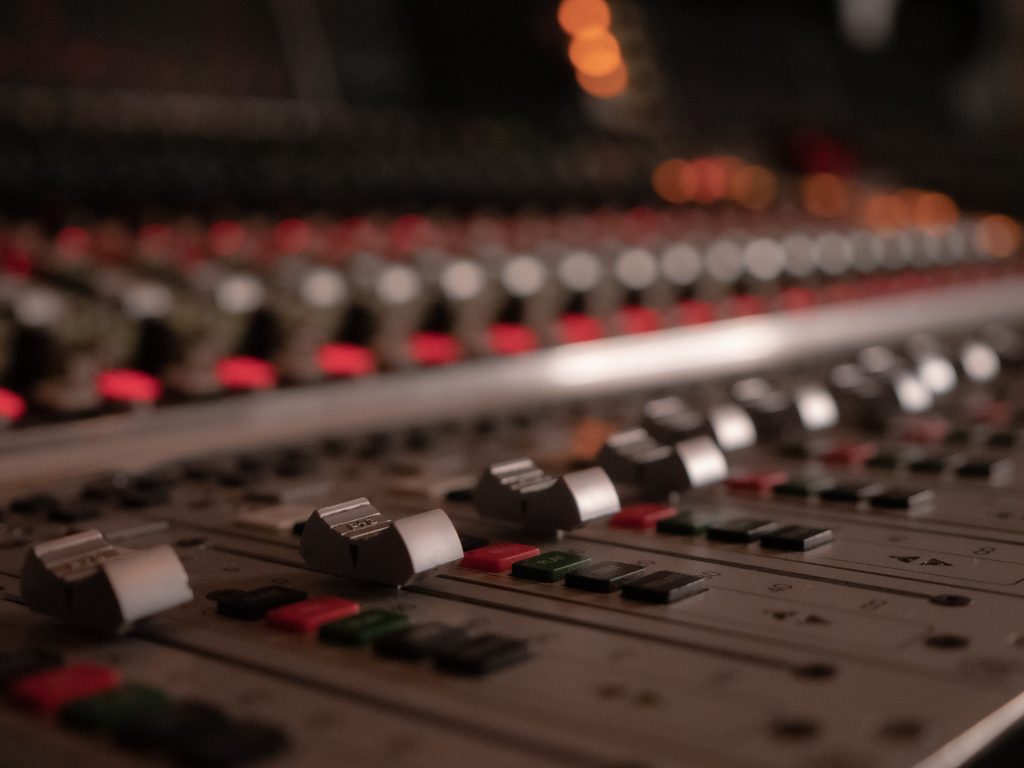 When you have a degree, Pro Tools chops, or job experience it may seem like a step back to start as an intern or PA at a studio. Why does it work this way?
When you have a degree, Pro Tools chops, or job experience it may seem like a step back to start as an intern or PA at a studio. Why does it work this way?
Studios need employees they can trust.
If a studio can’t trust you to make a lunch order without errors and pick it up on time, why would they trust you with a crucial delivery of a master tape or hard drive? Confidentiality is also important at a studio to protect the privacy of high-profile clients and their projects. Leaks can mean millions of dollars of losses. Like any relationship, it takes time to build trust between a studio and someone they don’t know well.
Studios need to know the people they hire can do the work needed.
A surprising number of people embellish on resumes. Sometimes applicants have no idea they don’t have the proper skills or credentials for the job they are applying for. It takes practice to be good at any job and a studio isn’t going to pay someone to learn on their most important client’s dime.
I wouldn’t recommend applying for a job like sound editor or engineer unless you can show at least one prior job (at a studio) with the same title and no less than half-dozen credits. I wouldn’t apply for a mixer job without a dozen mixing credits and 2 years experience. You may only have one chance to get a meeting or interview and it’s a risk to try for a job above where your experience and credits are.
Studios want employees who they feel comfortable representing the studio.
Everything from how you dress and what you say reflects on the studio you are working for. You have to be a team player who’s looking out for the studio, not your own career. True story: a studio I worked at had an intern offer his business card to a client when the mixer left the room. It may have seemed like a good sales opportunity to the intern but his job was to pick up the dirty plates in the room. How did that make the studio look to the client? The intern was fired that day.
 There’s technical skills that take time to learn and experience to get good at.
There’s technical skills that take time to learn and experience to get good at.
In post-production, it takes time to develop an eye for sync. Any audio engineer needs practice to develop his/her ear. Troubleshooting and recognizing problems gets faster the more you have to do it (and come across the same problems).
You might be thinking, It’s a catch-22. How can I get work if I can’t get credits to show I can do it?
This is why the first couple years in the field is an optimal time to camp out at a studio where you can watch and learn as much as possible. It’ll probably feel like you’re still in school but you’re getting paid (hopefully)! In time, a studio will give you an opportunity. If it goes well, you’ll probably get another opportunity and so on. It takes patience – and being open-minded to learning whatever is in front of you. There’s something to learn in every job that will help you later in the job you want.
IN ~1980, i wrote “Here’s the Broom” for Pro Sound News. same idea. 🙂